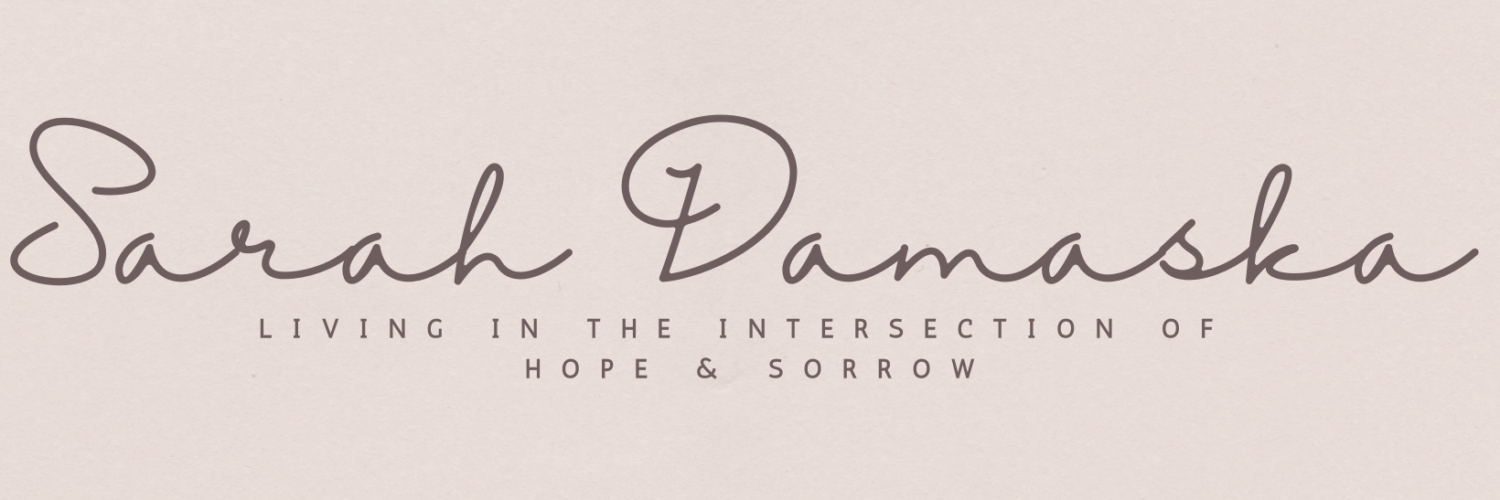It happened that as he (Jesus) made his way toward Jerusalem, he crossed over the border between Samaria and Galilee. As he entered a village, ten men, all lepers, met him. They kept their distance but raised their voices, calling out, “Jesus, Master, have mercy on us!”
Taking a good look at them, he said, “Go, show yourselves to the priests.”They went, and while still on their way, became clean. One of them, when he realized that he was healed, turned around and came back, shouting his gratitude, glorifying God. He kneeled at Jesus’ feet, so grateful. He couldn’t thank him enough—and he was a Samaritan.
Jesus said, “Were not ten healed? Where are the nine? Can none be found to come back and give glory to God except this outsider?” Then he said to him, “Get up. On your way. Your faith has healed and saved you.”– Luke 17: 11-19 (The Message)
For months now I have been thinking about the story in the Bible about the ten lepers. For so many years of my life, I remember feeling disgusted at the ungrateful nine who didn’t thank Jesus for healing them. After all, He not only saved their lives, but made it possible for them to be normal again. So many things changed for them on that day.
Leprosy is a disease that kills the nerves in the body. Essentially, those with leprosy feel no pain. This explains why they lose fingers and toes– because they often injure themselves, but don’t realize it until it is too late. I keep thinking about the 10 lepers who so desperately wanted to be healed and I imagine the moments following their healing, when they stubbed their toe or stepped on a sharp rock or burned their finger… and actually felt pain.
Don’t you think that the glow of being healed might fade a bit in those moments?
I’ve written about the fog of grief and I’ve written about longing to feel the pain. Now, with almost five years under my belt, I can see myself articulating my feelings differently, living with the ache of Annie like a familiar friend almost. I can’t imagine life without it, really.
I certainly can now relate to the nine lepers who didn’t return to Jesus to thank Him. Because learning to live with pain is one of the hardest realities of life. And you know as well as I do that it’s true. Chances are, you’ve had your share of pain. You’ve had life hit you hard and it knocks the wind right out of you. Maybe you get up quickly the first time, but by the second, third, fourth blow, you’re ready to pull the blankets over your head and spend the rest of your days in the safety of your bed.
And so I think about the leper that returned to Jesus and the courage it took him to be thankful for the pain.
I was running a few months ago through the baseball field that is behind our house. Hank had given up on finishing with me because he is an old dog now, so after he ran one lap with me, he sauntered off to the neighbor’s burn pile to check out what leftovers they had after dinner (Welcome to country living) and then found a cozy spot smack in the middle of the diamond, watching me circle around and around him. For me, running is more about shaking off the cobwebs of my brain and getting a chance to just have 20 minutes of coherent thoughts without interruption. I clearly remember that day, looking up to the sky and realizing I had never flat out thanked God for Annie’s death. It was a new and strange thought to me.
Thanking Him for something so costly to me, something I will never get over, seems to negate my pain. Isn’t that like me saying, “I’m glad it happened?” Because I’m not.
However, thanking Him sucks some of the bitterness out of it for me. It allows me freedom to see how He uses her life and redeems my pain. It shows me His bigger plan and His sorrow in a world groaning for His return.
Peter and I are trying to be more intentional in the way we live and we recently found ourselves writing out the negative turns in our lives and the redemptive perspective to them.
We’re using Donald Miller as a basis of our discussion. He writes,
“Every human being experiences suffering and challenges. Our attitude toward suffering, though, can redeem it and perhaps even allow us to see it as something beneficial. The temptation to play the victim is intense, but (Victor) Frankl* believed stopping to make a list of the many ways a hardship also serves as a blessing takes some of the sting out of our suffering. Suffering and challenges often require grieving, but we can also celebrate our uniquely human capacity to rise above those painful experiences, redeem them, and turn them into something beautiful.”
God started something in me during that evening run many weeks ago when I had the courage to speak my thanks to Him for the death of my daughter. I was surprised that it didn’t make me angry at Him or throw me into despair. Instead, as I later made a list of ways that God has walked with me, given me opportunities and love for people that I can’t imagine having so fully without experiencing grief first…. I was in awe. It doesn’t take away my love for Annie or my sadness or even those hard days that I thought would be over by now. But it does give me freedom and peace to search out the redemption and to thank Him for His sovereignty as He works in my life.
That brings me to you, my friend. I don’t know where you are in your life or what has happened to you. I may not even know who you are. I’m also very mindful of the fact that you may have to thank Him for a bad decision that you’ve made yourself…. which takes a whole different kind of courage. Today I am praying for you, that you would be brave enough to come back to Jesus. To kneel at His feet and find something to be grateful for, to allow Him to redeem the wounds in your life.
He will make something beautiful if only you, like the leper, return to him in courageous gratitude.
**Victor Frankl was a psychologist and spent years as a prisoner in Auschwitz Concentration Camp during World War II. In my brief research about him, I found this paragraph (On Wikipedia of all things!) that I really liked: “Frankl believed that the meaning of life is found in every moment of living; life never ceases to have meaning, even in suffering and death. Frankl concludes from his experience that a prisoner’s psychological reactions are not solely the result of the conditions of his life, but also from the freedom of choice he always has even in severe suffering. The inner hold a prisoner has on his spiritual self relies on having a hope in the future, and that once a prisoner loses that hope, he is doomed.”


